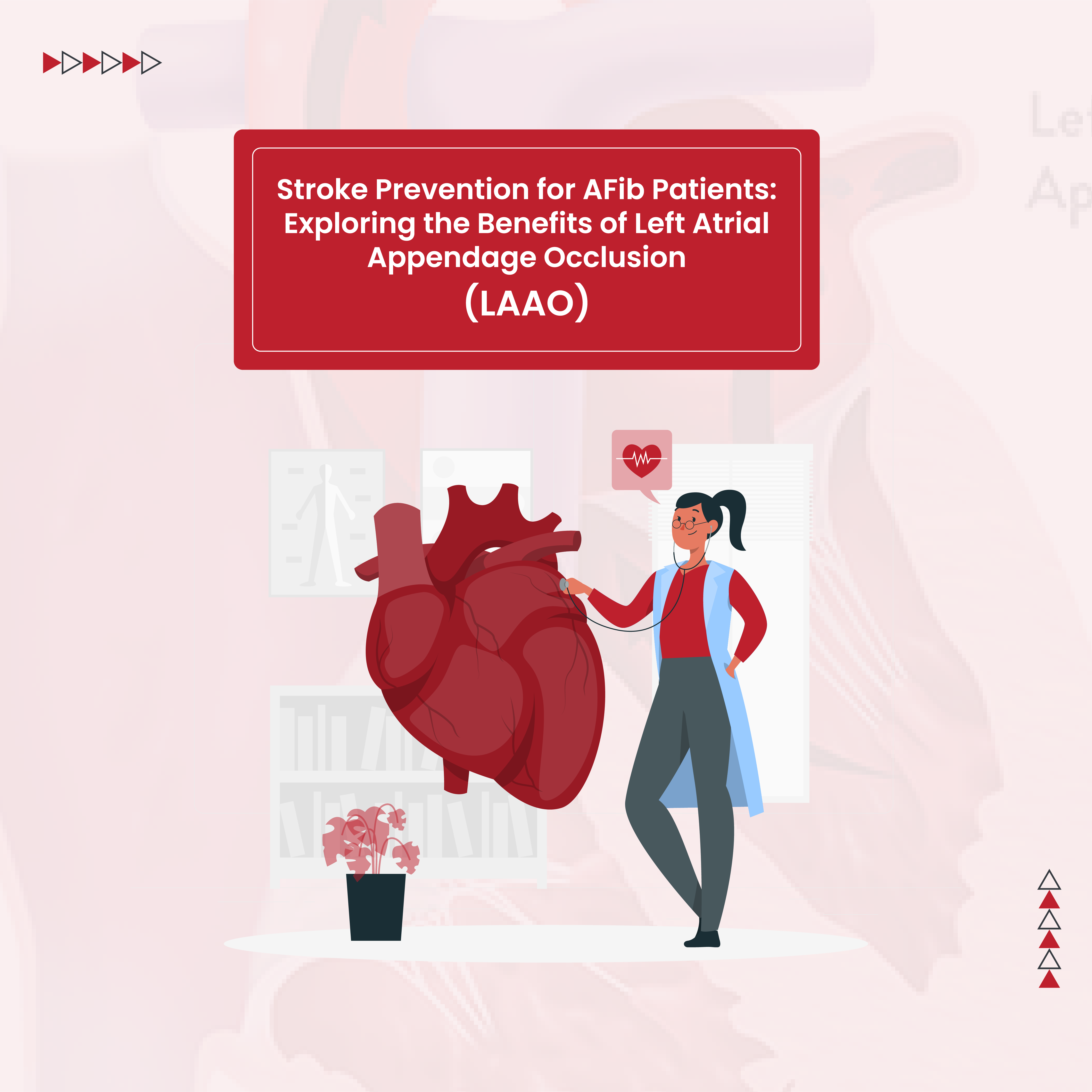Magnesium is an important nutrient that the body needs to stay healthy. Magnesium is found in a variety of foods and eating a healthy diet can usually meet all of the body’s magnesium needs. However, certain diseases, medications and dietary restrictions can cause magnesium deficiency. In these situations, magnesium supplements may be helpful. Magnesium helps regulate heart rhythm, muscle and nerve function, blood pressure, blood sugar levels, and bone development. People with magnesium deficiency commonly experience heart palpitations, fatigue and muscle weakness or cramping. Because of its important role in cellular function and normal heart rhythm, there has been a lot of research on the relationship between magnesium deficiency and abnormal heart rhythms like atrial fibrillation.
The truth about Magnesium and Atrial Fibrillation
Magnesium deficiency is associated with an increased risk of atrial fibrillation and ventricular arrhythmias (abnormal heart rhythms which originate in the heart’s lower chambers). In fact, data shows that the lower the magnesium level the greater the risk of abnormal heart rhythms. Given this correlation, researchers have studied if magnesium supplements can be used to treat or prevent atrial fibrillation.
Magnesium decreases heart palpitations and contributes to the maintenance of a normal heart rhythm by supporting the function of other electrolytes like potassium, sodium and calcium. Each of these electrolytes is important for the conduction of electrical signals in the heart which ultimately create the heart rhythm. Since normal blood magnesium levels support a normal rhythm and decrease heart palpitations, the natural question has been if the relationship could work the other way, i.e. can magnesium supplementation help the heart rhythm revert from AFib back to a normal rhythm. So far, the research in this area has been disappointing with no evidence that magnesium assists with the conversion of atrial fibrillation to normal rhythm.
Although magnesium has not been shown to be an effective antiarrhythmic (medication to keep the heart in a normal rhythm) for AFib, there is some evidence that it can assist with heart rate control. A few studies have shown that intravenous magnesium improves heart rate control of atrial fibrillation when magnesium is used in conjunction with other rate controlling medications.
Magnesium can also be helpful in preventing atrial fibrillation after open-heart surgery. Atrial fibrillation after heart surgery is very common and occurs in 20-50% of patients. Studies have shown that patients who receive magnesium supplementation after open-heart surgery have significantly less atrial fibrillation than those not receiving magnesium.

Does Magnesium help with AFib?
Magnesium may not be effective at terminating atrial fibrillation, but it does play a vital role in normal heart function. If you have atrial fibrillation, it is not uncommon that your doctor will order blood work which includes magnesium. This is checking the level of magnesium in the blood. Only 1% of magnesium in the body is found in the blood (serum magnesium). The remainder is stored in bones and tissue. If the serum magnesium is low, a magnesium supplement may be recommended. This is not because the magnesium is going to make the AFib go away but because normal magnesium levels can assist with normal electrical conduction in the heart. Magnesium calms the electrical system and helps slow the heart rate. So while it may not treat the atrial fibrillation, there is a correlation between magnesium and maintenance of a normal heart rhythm.
Magnesium may have a positive effect on blood pressure, type 2 diabetes, and heart disease. Each of these is a risk factor for atrial fibrillation. Therefore, if normal magnesium levels or magnesium supplementation improves the control of these diseases it could indirectly decrease risk of atrial fibrillation. It is challenging to determine how much effect dietary magnesium has on the blood pressure, type 2 diabetes or heart disease. This is because foods that are high in magnesium are also high in calcium, potassium and other nutrients that also prevent or improve control of these diseases.
Different types of Magnesium Supplements
The balance of magnesium in our bodies is important. Too much magnesium can be dangerous and at very high levels can lead to death. Luckily, this is very rare. Likewise, too little magnesium is dangerous and very low levels can cause severe muscle cramping, seizures and dangerous abnormal heart rhythms. While severely low levels of magnesium is also uncommon, mildly low levels of magnesium happens frequently in the general population. The most common symptoms of mild magnesium deficiency are heart palpitations, muscle weakness, fatigue, loss of appetite and mild muscle cramps.
Magnesium is found in foods like:
- Beans, nuts, seeds, whole grains, and green leafy vegetables (such as spinach)
- Fortified breakfast cereals and other fortified foods
- Milk, yogurt, and some other milk products
Even though magnesium is widely available in food, it is estimated that 50% of Americans do not get the recommended dietary intake. Men older than 70 and adolescents are the least likely to get enough dietary magnesium. The recommended daily intake of magnesium is 400-420 mg for men and 310-320 mg for women.
Aside from getting magnesium from food, magnesium is also found in multivitamins and dietary supplements. There are different forms of magnesium found in supplements and some are more easily absorbed by the body than others. Magnesium citrate, magnesium aspartate, magnesium lactate and magnesium chloride are more readily absorbed than magnesium sulfate and magnesium oxide.
Gastrointestinal distress and diarrhea are common side effects of magnesium supplements. Sustained release formulations deliver the magnesium more slowly so there are fewer side effects. Because the magnesium is released slowly, it is also better absorbed so lower doses are needed which can also reduce side effects.
Vitamins and dietary supplements are not regulated by the U.S. Food and Drug Administration. This means that, for example, a magnesium supplements manufacturer is not required to provide ‘proof’ that the supplement is safe, contains the advertised amount of magnesium and does not have any harmful additives. Your healthcare provider may be able to recommend a specific brand. Otherwise, you can look for magnesium supplements that are tested by an outside party such as ConsumerLab.com, NSF Vitamin and Supplement Certification, or U.S. Pharmacopeia (USP) Dietary Supplement Verification Program. A supplement company can contract with one of these companies to monitor their manufacturing practices and verify the overall product quality. These outside parties do not conduct tests to confirm the efficacy of the supplement but rather that the supplement contains what it says it contains, does not have harmful contaminants and is manufactured using good manufacturing practices.
Who is at risk for low magnesium levels?
Magnesium levels in the body are regulated by the kidneys. In the short term, low magnesium intake will not cause any problems. Normal kidneys will adjust the amount of magnesium absorbed or excreted based on the body’s magnesium balance. However, long-term low magnesium intake and certain medications and diseases can interfere with this process and lead to magnesium deficiency.
Medications which can contribute to magnesium deficiency:
- Diuretic medications which are commonly used to treat heart failure can increase or decrease urinary loss of magnesium depending on the type of diuretic.
- Long-term use of proton pump inhibitors (i.e. Nexium, Protonix, Prilosec, Prevacid, etc.) to ease symptoms of gastroesophageal reflux (GERD) and peptic ulcers can cause low magnesium.
- High doses of zinc supplements can decrease magnesium absorption.
Diseases which can lead to magnesium deficiency:
- Chronic diarrhea
- Celiac disease
- Type 2 diabetes
- Alcoholism
As people age, the body also becomes less efficient at absorbing and maintaining adequate magnesium balance. This timing coincides with increased prevalence of high blood pressure, type 2 diabetes and heart disease. Magnesium deficiency may worsen each of these diseases. Taking magnesium supplements or eating a diet that is high in magnesium-rich foods can decrease heart palpitations and may help decrease the risk of atrial fibrillation.








